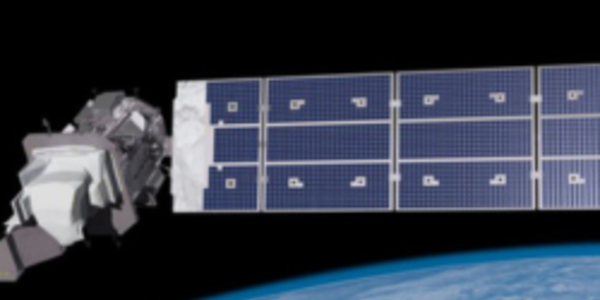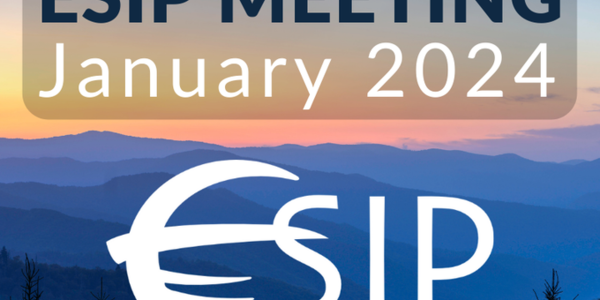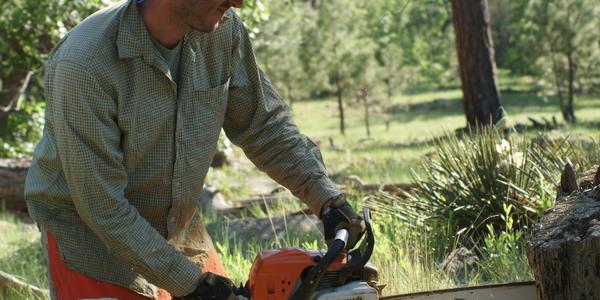
Here at NCEI, we aren’t just data—we are people. In our Humans of NCEI series, meet the awesome minds that manage one of the largest archives of atmospheric, coastal, geophysical, and oceanic research in the world. Get to know Christopher Paver, a chemical oceanographer who is part of NCEI’s Ocean Climate Lab.
What is your job title?
Oceanographer
What is your specific area of expertise?
Chemical Oceanography
What was your first job? How did it prepare you for your current position?
My parents race Standardbred horses. Since I could remember, I worked in the stable where I cleaned and took care of the horses. However, my first job was after high school when I joined the U.S. Marine Corps. The military instills core values that folks take with them long after they leave service.
How did you end up at NCEI?
I was hired by the former National Oceanographic Data Center (NODC) after I received my undergraduate degree in Geological Sciences.
What does a usual workday look like for you?
Most of my time is spent supporting the World Ocean Database by acquiring data from national and international partners while maintaining derivative products. When time allows, I conduct research.
What question are you asked most often when someone finds out what you do? How do you respond?
I think the most frequent question is if I work with megafauna, to which I reply "I'm a chemist, not a biologist."
What sort of training and education would one need for your job?
Being an environmental scientist requires a strong foundation in the core sciences such as physics, chemistry, biology, and math, which is usually obtained during undergraduate school. Afterward, graduate school is important to further develop an intricate understanding of a given field, in my case chemical oceanography. Another important tool is computer programming. Much of the work I do requires the development of novel software to analyze large datasets.
What inspired you to pursue a career in your field?
I lived near the sea as a child and during my time in the military there were long cruises on Navy vessels.
What projects are you working on now? Are there any upcoming projects that you are excited about?
I am part of the Ocean Climate Lab at NCEI. We are developing a project to create nutrient climatologies for coastal regions, similar to our World Ocean Atlas product. The purpose of these climatologies is to describe the mean, standard deviation, and other statistical values for nutrients in the water column with regards to spatiotemporal variations. I'm excited about this product because one could then start to look at trends in nutrient availability and how it relates to other ocean processes.
What is your favorite aspect of your job?
My favorite aspect of this position is the diverse group of people that I get to work with.
Who are you outside of your career?
I enjoy outdoor activities, especially if they are on the water.
Is there anything else you would like people to know about you?
I've been a novice musician for about thirty years.
Last book you read?
“Accessory to War” by Neil DeGrasse Tyson.




